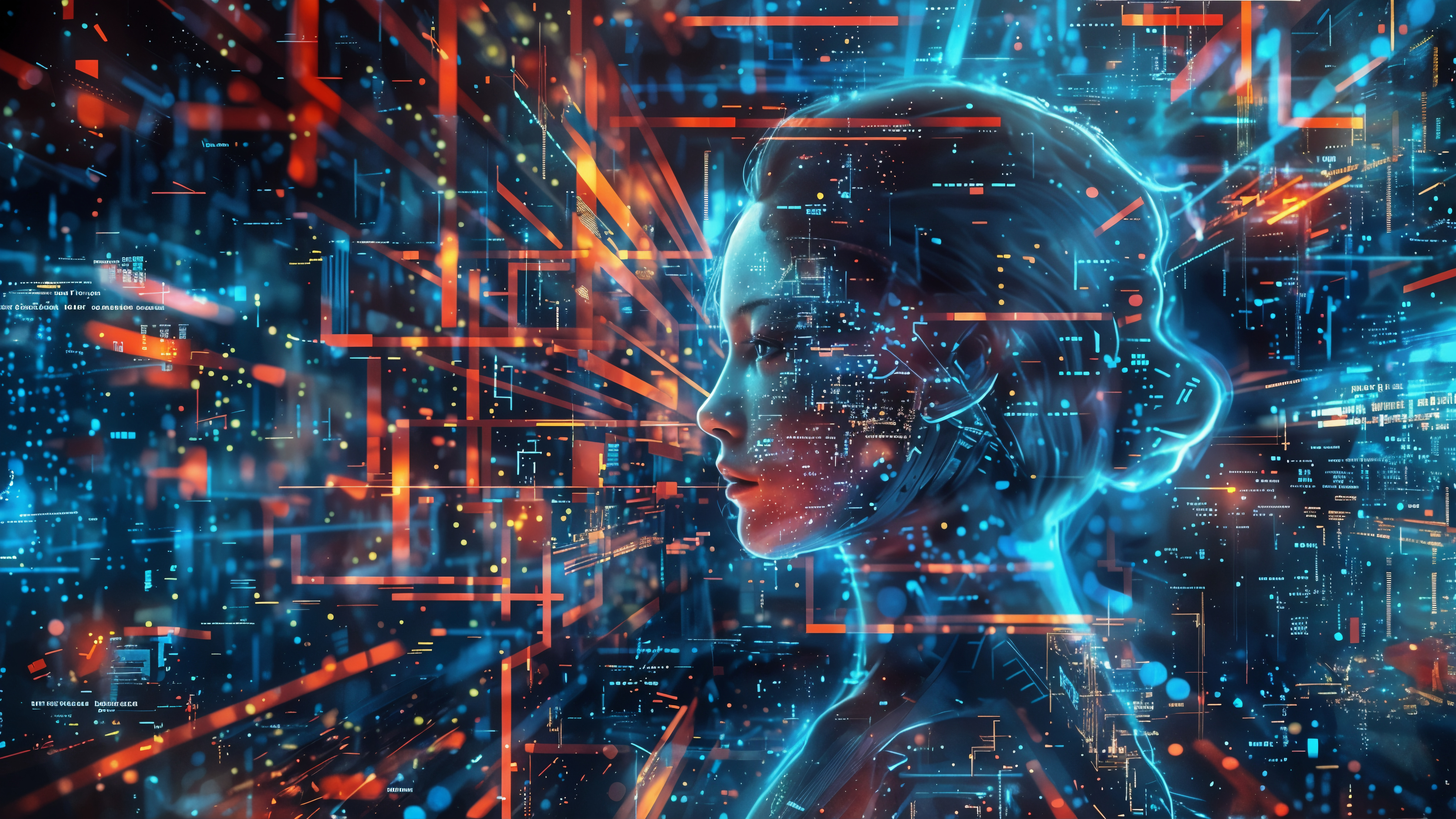Microsoft and OpenAI have agreed to new non-binding terms that will allow OpenAI to restructure into a for-profit company, marking a significant shift in their long-standing partnership.
The agreement sets the stage for OpenAI to raise capital, pursue additional cloud partnerships, and eventually go public, while Microsoft retains access to its technology.
The previous deal gave Microsoft exclusive rights to sell OpenAI tools via Azure and made it the primary provider of compute power. OpenAI has since expanded its options, including a $300 billion cloud deal with Oracle and an agreement with Google, allowing it to develop its own data centre project, Stargate.
OpenAI aims to maintain its nonprofit arm, which will receive more than $100 billion from the projected $500 billion private market valuation.
Regulatory approval from the attorneys general of California and Delaware is required for the new structure, with OpenAI targeting completion by the end of the year to secure key funding.
Both companies continue to compete across AI products, from consumer chatbots to business tools, while Microsoft works on building its own AI models to reduce reliance on OpenAI technology.
Would you like to learn more about AI, tech and digital diplomacy? If so, ask our Diplo chatbot!










